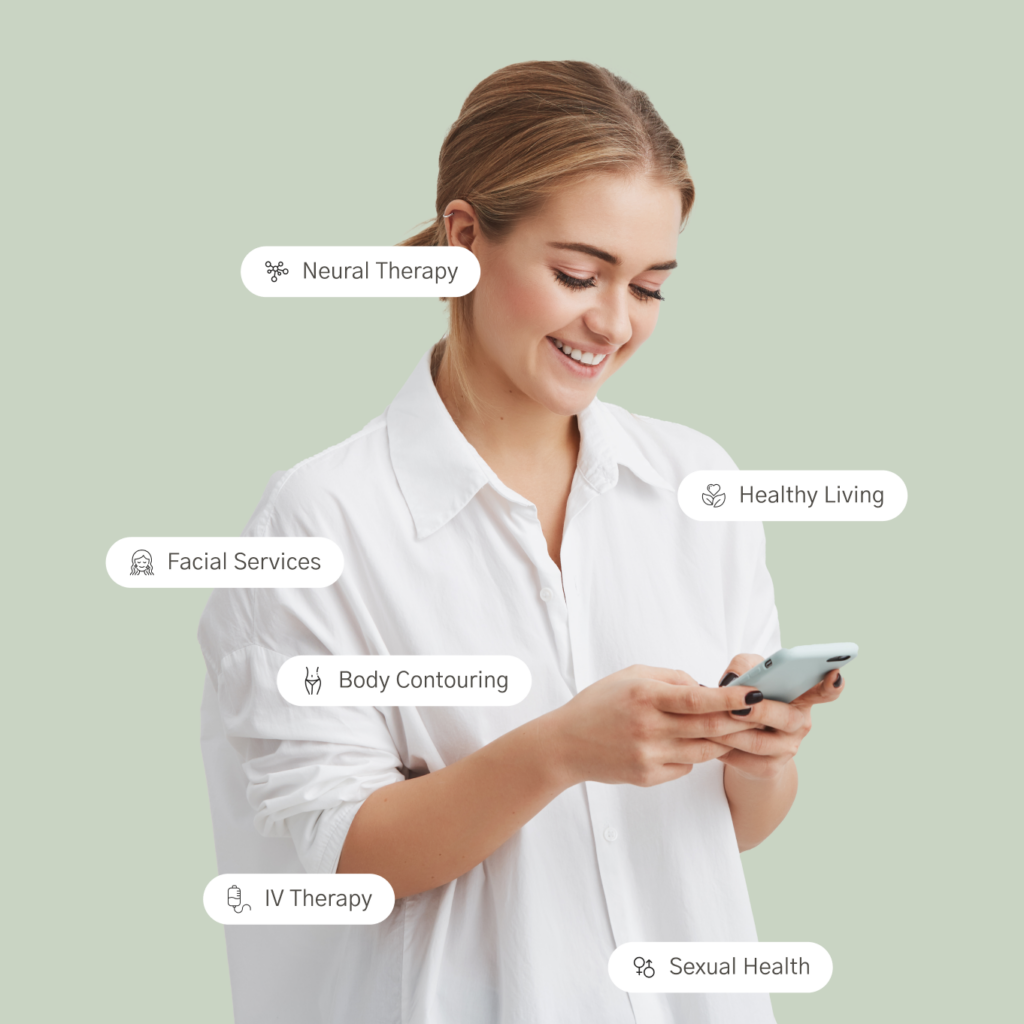
In recent years, the surge in using digital devices has led to increased eye strain among full-time desk job workers.
As a matter of fact, this eye health issue is so common today that at least 2 out of 3 Americans experience digital eye
strain (DES) regularly. Over time, such issues can cause discomfort and vision problems that can affect your
productivity at work. According to research from the University of Alabama at Birmingham, DES can result in about 65
hours of work lost per year. As such, if you’re one of the many individuals facing this issue, it’s important to know how
to address it. Here are some tips to help you combat eye fatigue and maintain healthy vision during work.
Schedule regular eye exams
Amid the hustle and bustle of working life, it might be easy to neglect your eye health. Even for adults who are at high
risk for vision loss, the CDC reports that 40% of them admit that they still don’t see an eye doctor. Don’t be part of this
statistic. Regular eye exams are vital for preventing eye problems and can be scheduled online ahead of time for your
convenience. With a comprehensive checkup that takes only between 30 minutes to an hour, a professional
optometrist can diagnose early symptoms, assess visual acuity, and discuss your vision correction options. With an
expert’s help, you can address your DES more effectively before it worsens and bleeds out into your personal life,
too.
Maintain a healthy diet for optimal eye function
While it may not directly prevent eye strain from digital screens, a healthy diet plays a crucial role in supporting your
eye health. Certain nutrients are linked to maintaining good vision, such as vitamins A, C, and E, as well as
antioxidants like lutein and zeaxanthin. These nutrients are found in whole grains, leafy greens, carrots, and citrus
fruits. A great recipe to try that features almost all of these ingredients is a buddha bowl, which contains whole-
grained brown rice that can reduce inflammation, fight off free radicals, and help protect your eyes from the potential
damage caused by blue light emitted by screens. They also lower the risks for eye problems later on, like age-related
muscular degeneration. With your vision nutritionally supported, you can better manage any DES.
Practice eye exercises
To alleviate eye strain from long hours of staring at your screen, practice some daily eye exercises. A good one to
start with is the 20-20-20 rule. This means that for every 20 minutes, take a 20-second break to look at an object
that’s at least 20 feet away. This simple eye exercise helps relax the eye muscles and reduce the digital strain caused
by focusing on a screen up close for too long. It also prevents dry eye syndrome, as well as stopping your sensitive
eyes from tearing up too much.
Adjust screen settings and lighting
Since most desk workers spend hours interacting with screens, you need to prioritize using monitor filters, proper
screen settings, and lighting in your workspace. This can significantly impact your eye comfort. Double-check so that
your screen’s brightness and contrast are adjusted for your eyes and the environment around you. This means your
screen should hold up against the ambient lighting and not cause you to strain for visibility. If you work by a window,
position your screen accordingly to minimize reflections or glares from the sun. Lastly, try apps that adjust the color
temperature of your screen to warmer tones during the evening, which can decrease the emitted blue light from the
screens, thus reducing eye strain.
Wear blue light glasses
As with the rest of your body, your eyes need rest. Yet apart from the effects mentioned above, the blue light emitted
by computer monitors can disrupt your pineal gland. Since it’s responsible for regulating your sleep patterns,
disruptions can make it more challenging to fall asleep. You’re more likely to experience eye spasms and increase
your likelihood of eye diseases as a result. To counteract this, leverage blue light glasses that can prevent blue light
from reaching your pupils. This will lessen your eyes’ exposure and support your pineal gland’s function in secreting
melatonin, allowing for improvement in mood and sleep.
Preventing eye fatigue while working a full-time desk job requires a combination of proactive habits and professional
care. When you take the time to adopt these habits, they can help you combat DES and protect your work performance.



